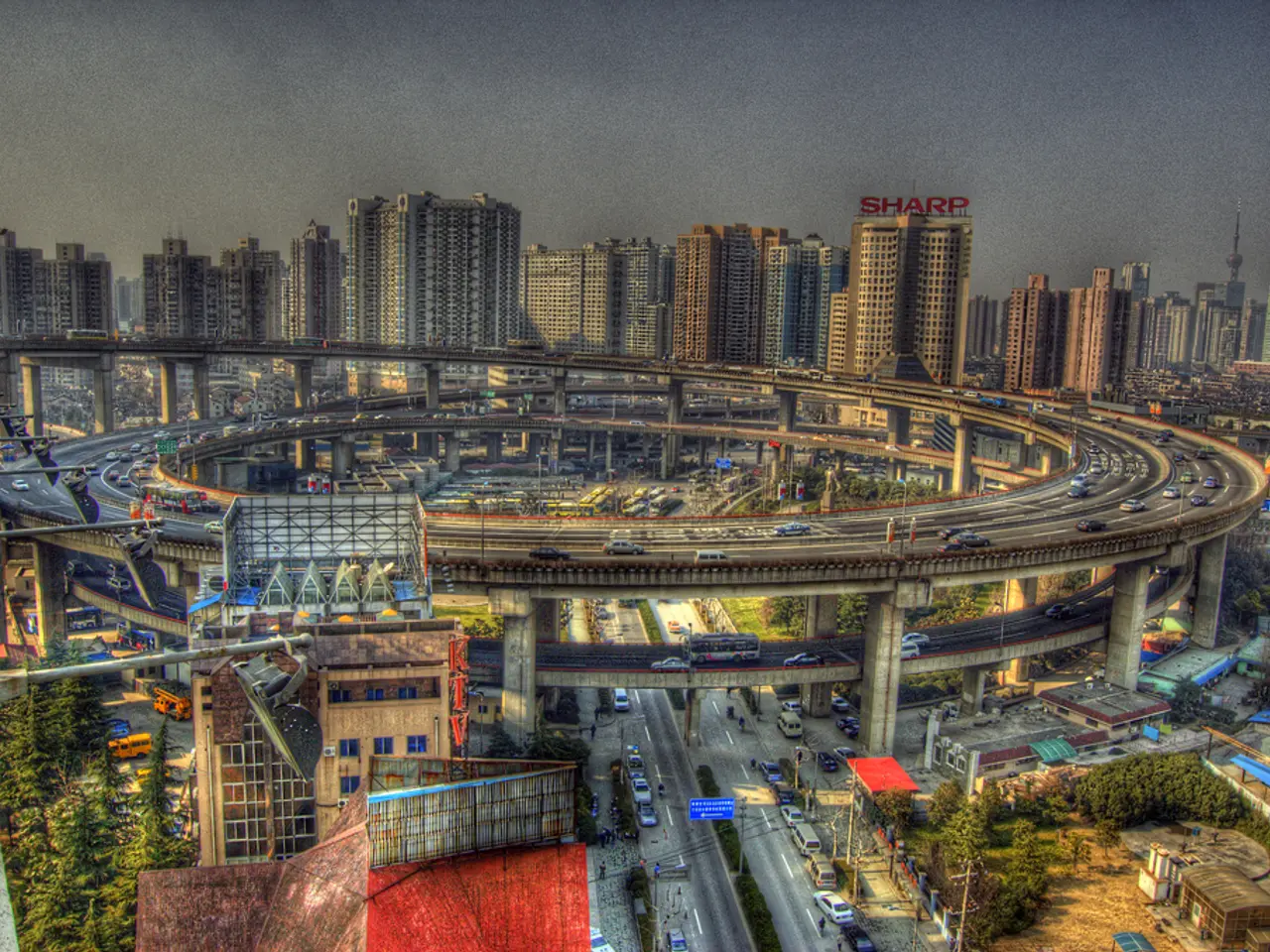Contest for Power and Leadership Positions in NRW Municipal Elections - Local power struggles and key leadership positions are at stake in the upcoming NRW municipal elections
Municipal Elections in North Rhine-Westphalia: A Race for Local Leadership
North Rhine-Westphalia, Germany's most populous state with approximately 13.7 million citizens, is gearing up for its municipal elections on September 14. The elections will determine the shape of local affairs for the next five years, with several key cities witnessing a change at the top.
In Solingen, seven candidates are running for the successor of Tim-Oliver Kurzbach, including SPD member Josef Neumann and CDU faction leader Daniel Flemm. Solingen is not the only city facing a change; the incumbent mayor of Bielefeld, Peter Clausen (SPD), is not running for re-election, and Ingo Nurnberger, the Social Affairs department head in Bielefeld, is a contender for the top position.
In Dortmund, eleven candidates are running against the incumbent lord mayor Thomas Westphal (SPD), with the Green party's Dortmund faction leader Katrin Loeger making headlines with her focus on fighting the climate crisis and social injustice. The AfD candidate Heiner Garbe is also creating a stir with his demand for "massive and continuous deportations."
The city of Gelsenkirchen, with the highest unemployment rate in the country, is a focal point of the municipal election. Four candidates are running for the top position, including Andrea Henze, Social Affairs Director in Gelsenkirchen, for the SPD. The AfD reached 12.9 percent in the last election and could further increase its support in the upcoming election.
In Cologne, Mayor Henriette Reker is not running for a third term, and the city is seen in decline. Four candidates are vying for the top position, including Andreas "Andi" Krischer (Greens), the son of NRW Environment Minister Oliver Krischer. A runoff election is expected due to the high number of candidates.
In Düsseldorf, CDU politician Stephan Keller is defending his mayoral seat and seeking a second term. He has made a bold campaign promise: within five to eight years, Düsseldorf will become the first major German city without homeless people on the streets. The SPD's Felix Heinrichs is also running for the position of mayor in the city west of Düsseldorf.
The city of Bochum is without an incumbent lord mayor, as Thomas Eiskirch (SPD) is not running for re-election. For the CDU in Bochum, deputy district mayor Andreas Bracke is running for mayor. Ingo Nurnberger (SPD) and Joerg Lukat (SPD), a potential joint lord mayor candidate of red-green, are also contenders.
In Münster, the CDU is running Georg Lunemann for the mayoral position. The Greens' Tilman Fuchs, social and school commissioner in the Steinfurt district, is considered a strong candidate for a runoff election in Münster.
In other municipalities such as Bocholt, Telgte, and Isselburg in the Münsterland, the Free Democrats hope for success because their candidates are supported by the CDU, SPD, or both parties. In Telgte, the first Green generational change at a town hall in NRW could occur.
These elections are crucial for shaping the future of North Rhine-Westphalia's cities, communities, and districts. The results will reflect the citizens' choices and set the course for the next five years. Stay tuned for updates on the elections and the new leaders of these key cities.
The Commission may have been consulted on the draft budget for the period 2000-06, given the significance of these municipal elections and their impact on policy, legislation, and the general news landscape, particularly in relation to war-and-conflicts, politics, and local affairs. Amidst the race for local leadership, it is important to note that these elections are not isolated incidents but rather a reflection of the citizens' choices and a crucial moment in shaping the future of North Rhine-Westphalia.








